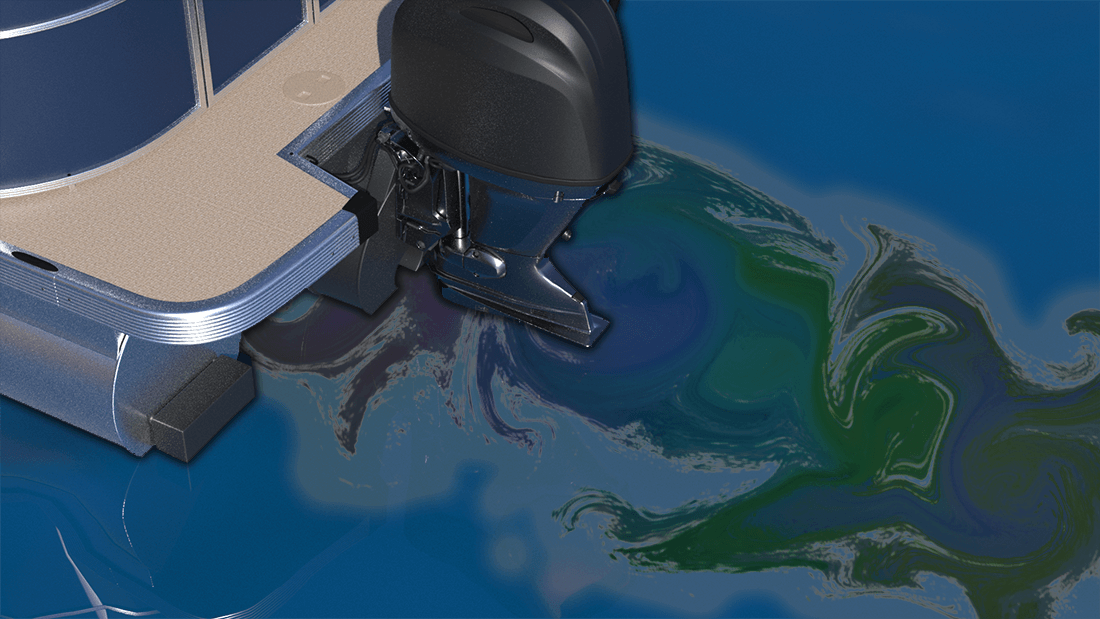Disposal of Toxic Waste - Recreational boats
Whether you realize it or not, we come into contact with hazardous waste on almost a daily basis. Take out all the cleaning and maintenance products on your boat and read the instructions on the back. It is illegal to improperly dispose of cleaners, paints, solvents, varnishes, fuel, antifreeze and phosphate detergents.
Disposal and recycling options differ significantly based on your location.

You might be surprised that the labels strongly caution on the uses of the materials and the methods of disposal. Most, however, just describe the method of disposal as “according to local and state laws.” Problem is, the average boater doesn’t know where to find the disposal rules.
The Federal Water Pollution Control Act prohibits the release of oil or hazardous substances into our U.S. waterways. All boats equipped with fuel-powered engines must retain any oils or toxic waste on board. It is the duty of the operator to securely store hazardous materials in either a fixed or portable container until appropriate disposal arrangements can be made.
What action should you take upon discharging a pollutant into the waterway?
In accordance with regulations, it is imperative to immediately notify the U.S. Coast Guard at 1-800-424-8802 if there is a presence of any oil or fuel spill on the water's surface.
You should be ready to provide the National Response Centre with the following details:
- The exact location of the release.
- The source and cause of the incident
- An estimate amount of waste released
- A description of the waste
- The substance that was released
- The date and time when the release occurred.
Fines for discharging toxic waste
Civil Penalties
If you are found responsible for releasing toxic substances from your boat, you could be subject to a civil penalty reaching up to $25,000 per day, per violation.
Criminal Charges
Negligent Violations: $2,500 to $25,000 fine or imprisonment for one year, or both.
Knowing Violations: $5,000 to $50,000 fine or imprisonment for not more than three years, or both.
Knowing Endangerment: Up to $250,000 fine or imprisonment for up to 15 years, or both.
Make a positive impact on the environment by choosing eco-friendly alternatives. Consider using non-phosphate biodegradable products like these:
Product |
Alternative |
|
Detergent & Soap |
Elbow grease |
|
Bleach |
Borax |
|
Scouring Powders |
Baking soda, or rub area with one-half lemon dipped in borax, then rinse |
|
General Cleaner |
Baking soda and vinegar, or lemon juice combined with borax paste |
|
Floor Cleaner |
One cup vinegar in 2 gallons of water |
|
Window Cleaner |
One cup vinegar + 1 qt. warm water. Rinse and squeegee |
|
Wood Polish |
Olive or almond oil (interior walls only) |
